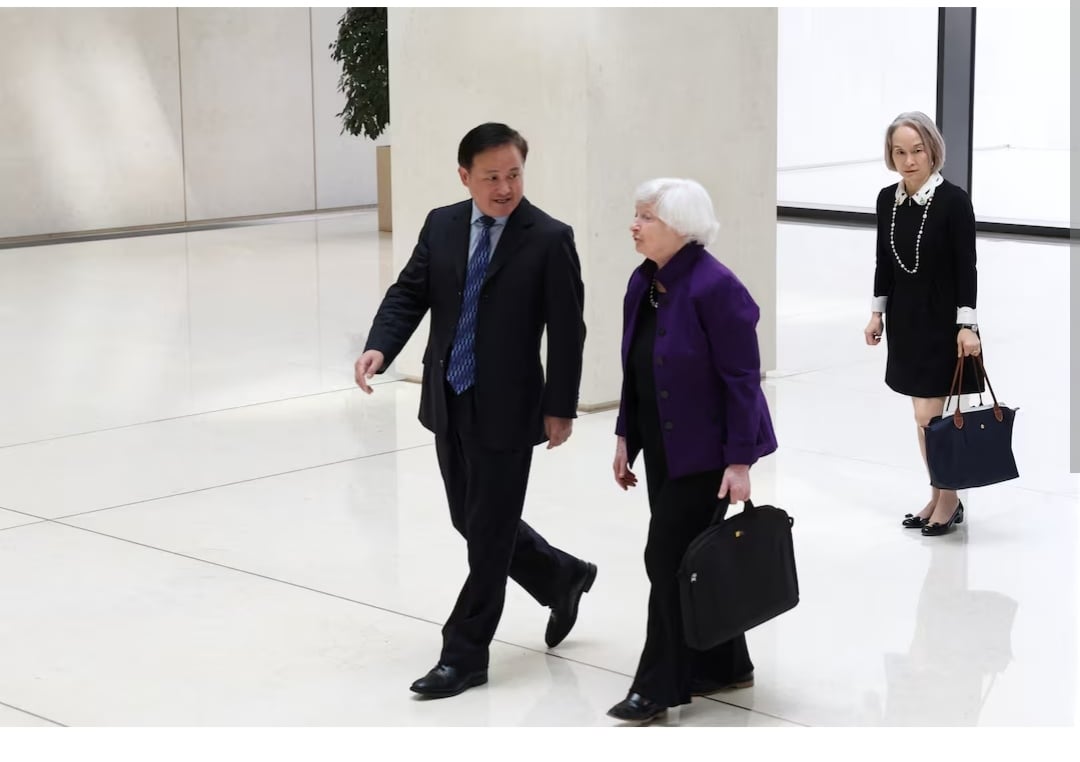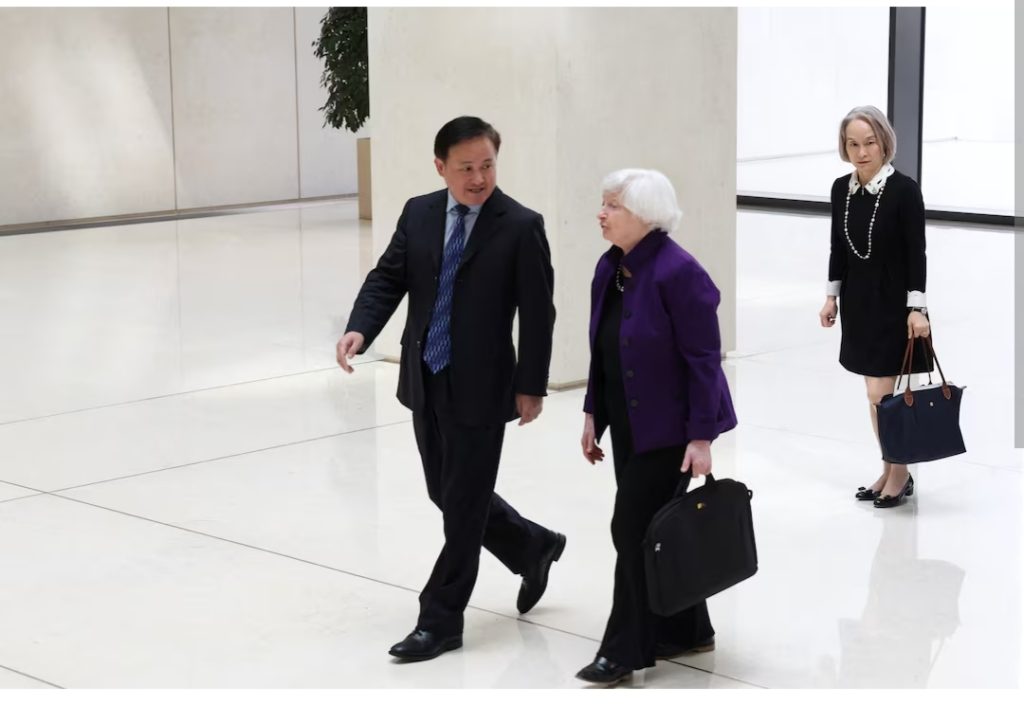In a fresh letter to shareholders on Monday, CEO Jamie Dimon expressed his concerns about several dangers to the robust US economy, arguing that they may “lead to stickier inflation and higher rates than markets expect.”
Being Cautious
He brought up the massive government expenditure, the Federal Reserve’s efforts to reduce its balance sheet, the ongoing wars in the Middle East and Ukraine, and their potential to upset vital commodity markets, migration patterns, and geopolitical alliances.
He continued, saying that the bank is ready for interest rates “from 2% to 8% or even more,” adding, “These significant and somewhat unprecedented forces cause us to remain cautious.”
In his 61-page letter, the CEO of the biggest US bank discussed a wide range of subjects, including banking, artificial intelligence, geopolitical dangers, global economic risks, management lessons, and national security.
A separate filing from JPMorgan on Monday stated that one of the board’s top priorities is “enabling an orderly CEO transition to take place in the medium-term.”
The 68-year-old executive made no mention of when he could quit the bank. The board of directors “has developed, and will continue to develop, several operating committee members who are well-known to shareholders as strong potential candidates to succeed Mr. Dimon.” As part of that process, the bank recently reorganized a few executives.
Jennifer Piepszak, who was appointed co-CEO of a new division that included JPMorgan’s commercial and investment bank, is one of the obvious front-runners.
Daniel Pinto, the president and chief operating officer of JPMorgan, is seen by the board as “a key executive who is immediately ready to step into the role of sole CEO” should the bank need to move more rapidly “in the near-term.
” A Victim Of The Endgame”

Dimon revisited several well-known topics in his letter on Monday, namely his worries regarding US bank regulation.
Following the introduction of the Dodd-Frank Act in the wake of the 2008 financial crisis, Dimon claimed that ties between US regulatory agencies and banks “have deteriorated significantly” and “are increasingly less constructive” now.
A contentious law forcing banks to retain larger reserves against potential losses is the latest cause of contention between them and Washington.
The capital regulation has raised a number of issues, from potential damage to the US economy to ways it would make it harder for low-income homebuyers to obtain mortgages.



